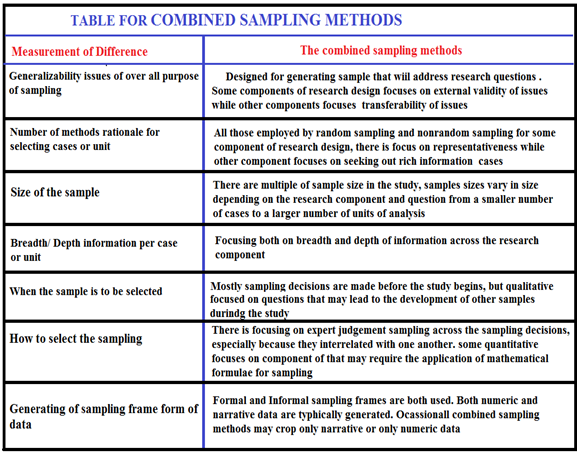Purposive Sampling In Quantitative Research Definition

Expert sampling is a form of purposive sampling used when research requires one to capture knowledge rooted in a particular form of expertise.
Purposive sampling in quantitative research definition. The main objective of a purposive sample is to produce a sample that can be logically assumed to be representative of the population. In this post i want to discuss the importance of developing a clear sampling strategy and why understanding and articulating the decisions you make at this early stage are essential for any research papers book chapters articles and dissertations you may wish to. It is common to use this form of purposive sampling technique in the early stages of a research process when the researcher is seeking to become better informed about the topic at hand before embarking on a study. According to the type of cases purposive sampling can be divided into the following six categories.
In purposive sampling personal judgment needs to be used to choose cases that help answer research questions or achieve research objectives. Yes you still can do the puposive sampling for quantitative analysis. Achieving the goals of these designs often requires a different type of sampling strategy and technique to gather the necessary data to draw a conclusion. A purposive sample also referred to as a judgmental or expert sample is a type of nonprobability sample.
Hence being systematic it has certain methods and. Non probability sampling to learn more about non probability sampling and sampling. Finding the right people at the right time is crucial in collecting data that is usable viable and valuable. The objective of this article is to describe the development and application of a sampling framework for a qualitative evidence synthesis on vaccination communication.
In quantitaive analysis you have two techniques such as parametric and non parametric techniques involved. Purposive sampling may also be used with both qualitative and quantitative re. Purposive sampling of primary studies for inclusion in the synthesis is one way of achieving a manageable amount of data. Research is a scientific process of investigation and experimentation that involves the systematic collection analysis and interpretation of data to answer a certain question or solve problem.
Researchers are able to draw upon a wide range of qualitative research designs when their focus is on purposive sampling. The purposive sampling technique is a type of non probability sampling that is most effective when one needs to study a certain cultural domain with knowledgeable experts within.
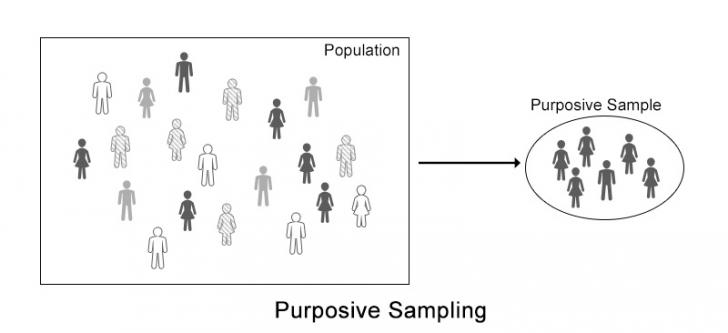
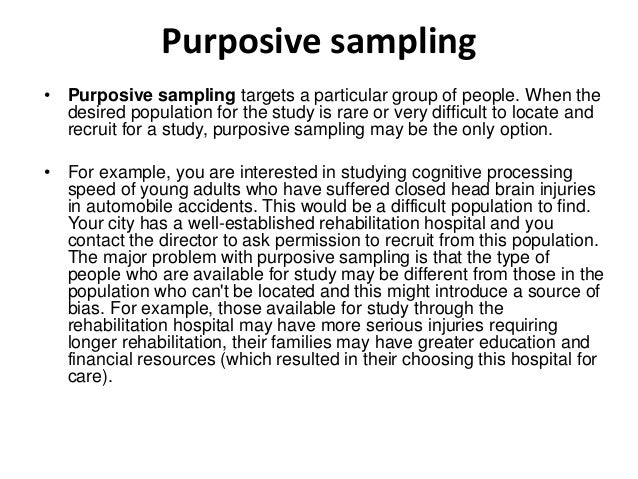



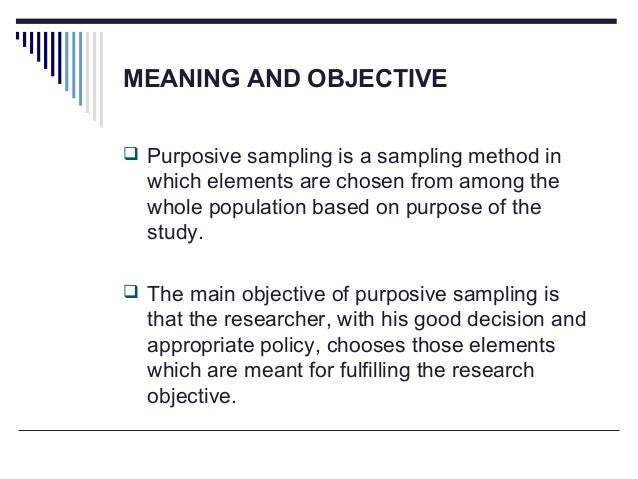
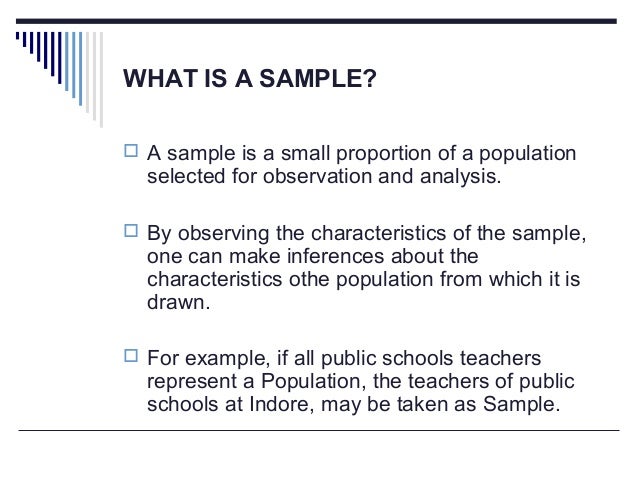
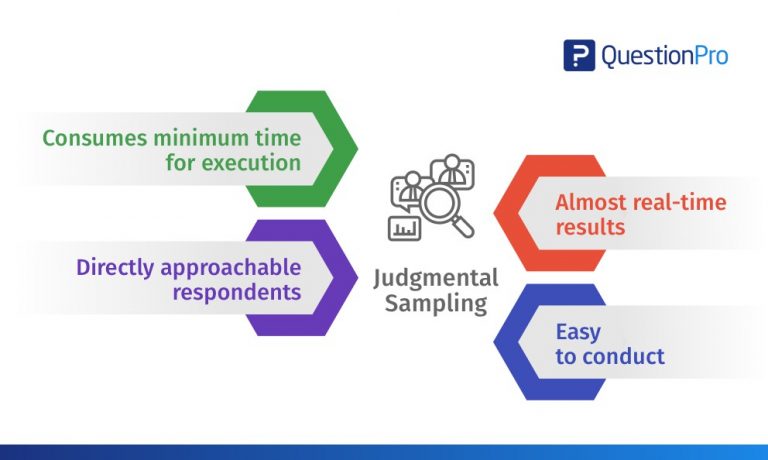
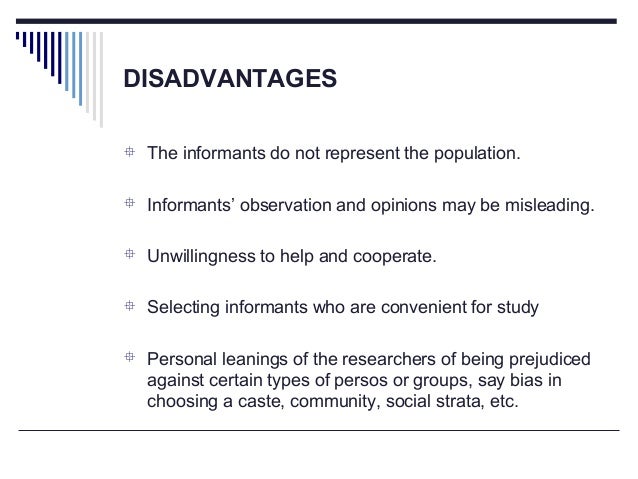



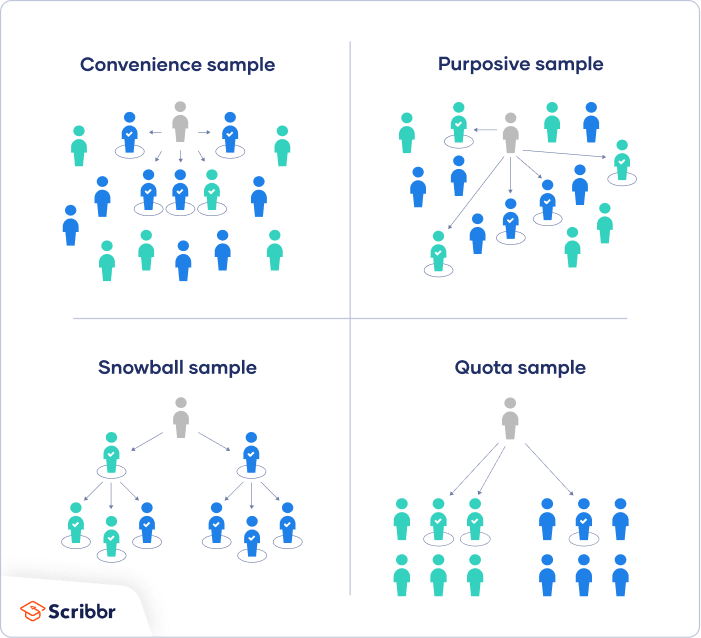


/GettyImages-175822209-58b844095f9b5880809c4128.jpg)


